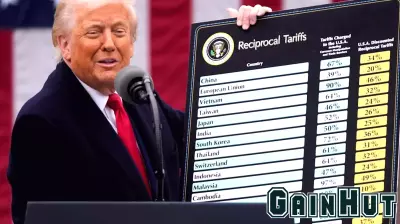March 5, 2025 - 22:20

The recent trade agreement between Mercosur and the European Union is set to challenge existing protectionist measures that have long influenced global trade dynamics. This landmark deal aims to reduce tariffs and promote economic cooperation between the two regions, fostering a more open market environment.
Supporters of the agreement argue that it will lead to increased trade flows, benefiting both economies by providing access to a wider range of goods and services. The deal is expected to enhance competitiveness and stimulate growth, particularly in sectors such as agriculture, manufacturing, and technology.
However, the agreement has faced criticism from various quarters. Detractors express concerns about potential negative impacts on local industries and environmental standards. They argue that the influx of cheaper imports could undermine domestic producers and lead to job losses in vulnerable sectors.
As negotiations continue, the Mercosur-EU trade deal presents an opportunity to reshape the landscape of international trade, challenging the status quo of protectionism and promoting a more interconnected global economy. The outcome of this agreement could have lasting implications for trade relationships and economic policies worldwide.



